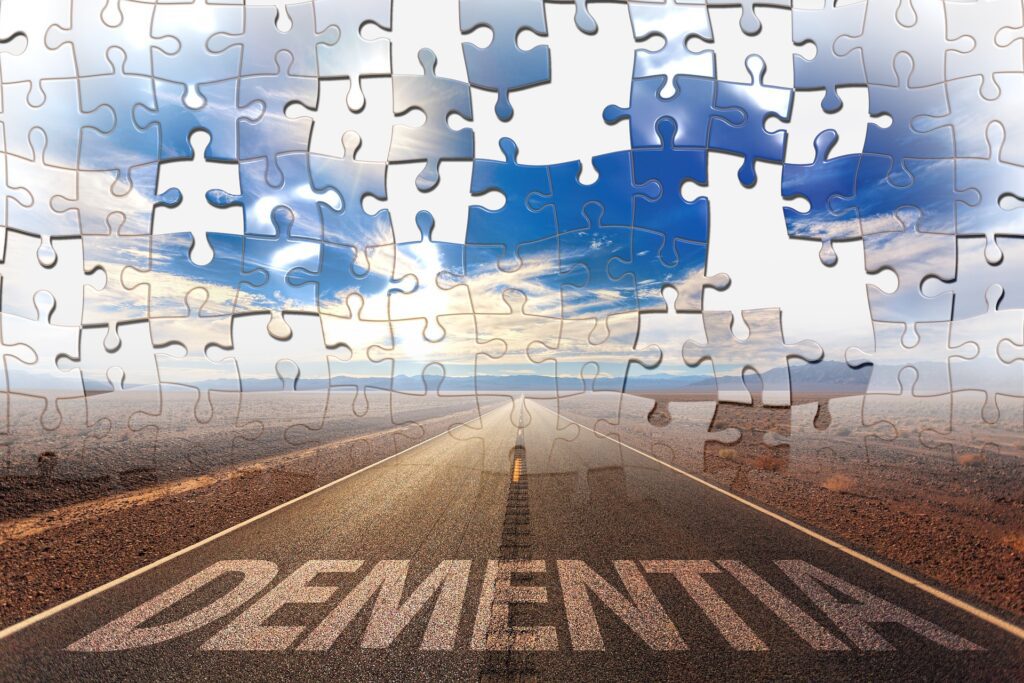INSANITY
Dementia is defined as a decline in a level of memory (memory loss) plus a disturbance in one or more of the person's mental functions (such as speech, judgment, spatial orientation) or a change in behavior.
In other words, it is NOT ENOUGH to say that someone has dementia ONLY to have a memory disorder, even if many times this can be the initial symptom. Dementia mainly affects people over 65 years of age who currently make up 1/5 of the population and by 2030 will make up 1/4.
About 80% of dementia patients have Alzheimer's disease, while other forms of dementia are vascular dementia, frontotemporal dementia and dementia with Lewy bodies. It is estimated that approximately 1/3 of people who are over 85 years old have Alzheimer's Disease, that is, at least 150,000 people in Greece suffer from the disease. It is the 4th leading cause of death in Greece after heart disease, cancer and stroke.
The disease is multifactorial, that is, the risk of its occurrence depends on many factors such as, if there are diseases at the age of 40-60 that affect the vessels (such as pressure, diabetes, hypercholesterolemia, obesity, smoking), the eating habits, the level of education as well as the mental "exercises" that a person does, heredity. Diagnosing the disease in its early but critical stages can be difficult and special tests of memory and skills may be needed. The symptoms of the disease are: the patient initially forgets names, repeats phone calls to relatives to say the same things, occasionally has difficulty finding the right words, reduced fluency, dresses less neatly, avoids housework, is more withdrawn and perhaps more irritable. As the disease progresses, the patient also forgets relatives, cannot remember anything recent, has difficulty following a conversation, often misunderstands, has reversed day and night, verbally attacks relatives, wears the wrong clothes (e.g. many clothes while it's summer), can't handle money or drive, wants to leave "to go home" while at home, needs help dressing and eating. In the final stage the patient does not speak, does not understand, is in psychomotor agitation, cannot dress or eat by himself, cannot move and is confined to bed.
In addition to the patient, the disease affects to a very large extent the family environment, which are mainly the caregivers of these individuals. The impact is psychological - 40% of caregivers suffers from depression -, physical and financial. A great deal of effort must be expended on the part of the caregiver to be able to maintain a level of daily functioning. New ways of non-verbal communication between caregiver and patient should also be found. Basic rules of communication are: not arguing with the patient and not punishing him, respecting the patient's old habits or principles, focusing on the patient's abilities, asking for his opinion (e.g. what he wants to eat), giving him time for whatever does.
Dementia is a costly disease for the state as well. After cardiovascular and cancer, the funds spend the most money on dementia. The insured's contribution to medicines is 0% and he is entitled to a benefit if he has a neurologist's opinion.
Dementia drugs are relatively few, but they clearly help to slow the disease and maintain a level of functioning. They are also available in the form of a sticker and syrup for easier administration.

















